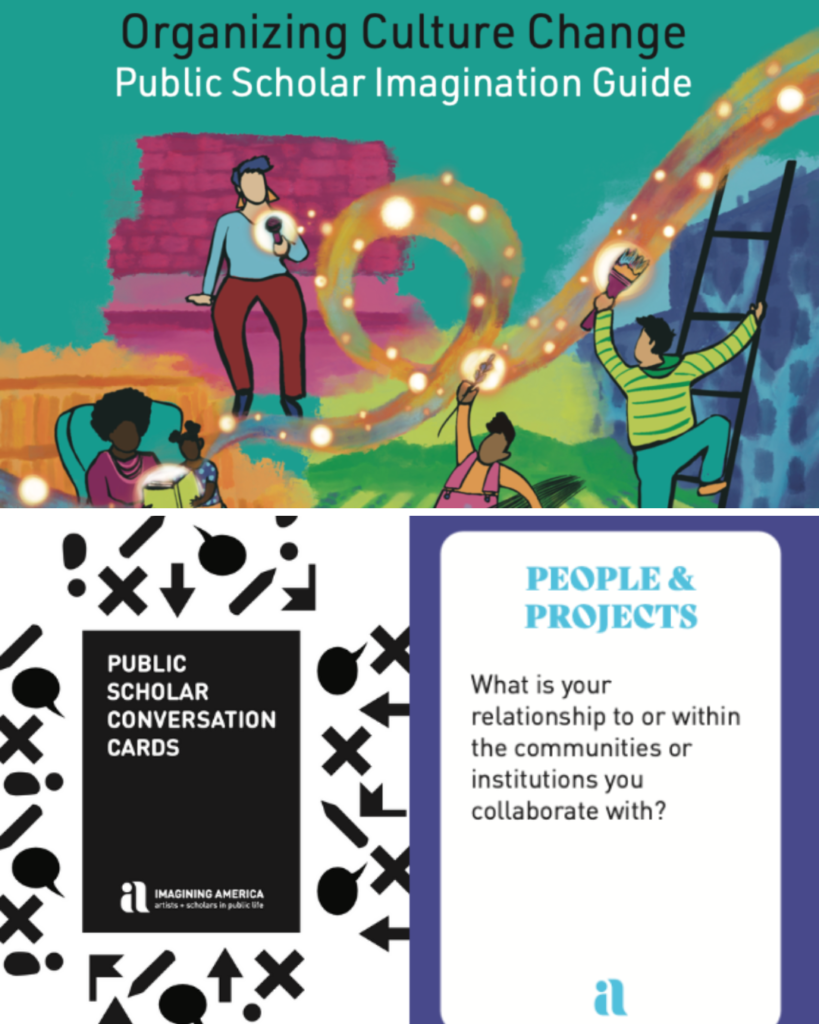Unsettling “truths” through My Kindred Roots
By Jallicia Jolly, Ph.D. candidate in American Culture at the University of Michigan, Ann Arbor, and a 2018-2019 Publicly Active Graduate Education (PAGE) Fellow. This PAGE Blog Salon explores themes of citizenship, intersectional activism, and public scholarship, important topics of the upcoming Imagining America national gathering, Oct. 19-21, 2018, in Chicago, Illinois.
Like you, I am grappling with the crisis of what it means to live and reimagine life in a world of intense political upheaval and social strife. As I connect with other social actors similarly invested in leveraging the humanities to enact social change, I bear testimony to the dynamism of a community that is changing the world of academia and scholarship as we know it. It is in this space that I am speaking the unspeakable and border-crossing disciplinary boundaries to make space for myself, my interlocutor-participants, and new ways of knowing and being.
My name is Jallicia Jolly. I am a health humanist who studies race, gender, sexuality, and health in the United States and the Caribbean. I am a public scholar invested in leveraging the health humanities to influence public health decisions, public policies, and institutional practices that impact the health, well-being, and political participation of marginalized women. I am a spoken-word poet who speaks from a mosaic of voices with tales of a Jamaican immigrant girl, legacies of Caribbean womancestors, journeys along kindred routes, and lives that unsettle what we consider “truths”. Through these lens and orientations, I illustrate our embodied connections to history while exploring how everyday people respond to marginalization and inequality.
As a PhD student, I do research on the grassroots organizing and intimate lives of young women living with HIV in Jamaica. HIV-positive Black women throughout the Americas have organized to combat the effects of the illness, inequality in their access to resources, and exclusion from worldwide HIV/AIDS efforts. As HIV fully transitions from an inevitable “death sentence” to a “chronic condition” in the Caribbean, the prospects of living with the disease pose new challenges for the current cohort of young women, particularly as they develop intimate relationships and navigate cultural expectations surrounding sexuality, womanhood, and health. They have redefined the terms of citizenship by mobilizing themselves and their communities to create support groups and to access the health resources they need based on their own experiences as mothers, intimate partners, advocates, and Black women living with a socially stigmatizing, physically deteriorating, and emotionally debilitating marker that is potentially lethal.
I see my public scholarship contributing to communities, institutions, and the overall project of citizenship in two ways. First, my participant-interlocutors invite us to reimagine what it means to belong and to be an ‘American’ while troubling traditional ways of knowing and being in the world. Their counternarratives challenge us to consider how HIV-positive Black women’s ideas, bodies, and sexuallives figure in discussions of feminist organizing and racial justice. Second, this type of investment in communities ask that we not only only preserve histories, but also leverage the expertise and heterogeneous networks of scholars and learners in elite institutions to create tangible resources (beyond peer-reviewed articles) that help cultivate communities. This means that we must apply the cultural knowledge to people’s holistic needs in concrete ways.
This work is best done in fellowship with other public scholar comrades. Together, we can curate space for meaningful human connection, communal restoration, active learning, and self-growth. To live and reimagine life anew.



